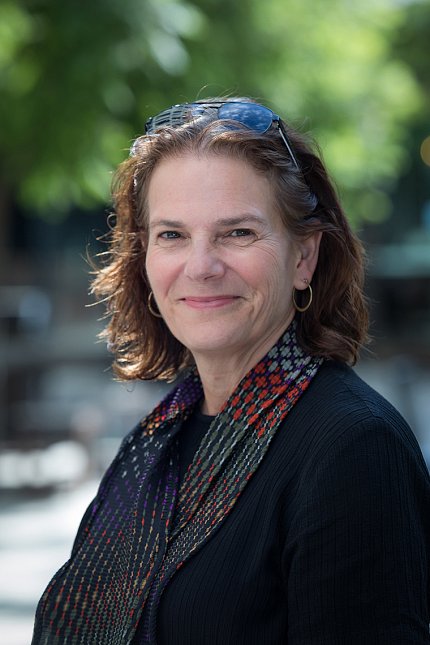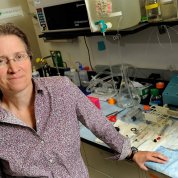WALS Scheduling Notes
Four Special Talks Featured in February

The Wednesday Afternoon Lecture Series (WALS) presents four special lectures in February: The annual Gordon, Pittman, and Nirenberg lectures and one Tuesday lecture just added to the schedule. All talks will be 3 to 4 p.m. and viewable remote-only via NIH videocast.
First up is that Tuesday WALS on Feb. 9 by Dr. David A. Sinclair, professor of genetics, Blavatnik Institute, and co-director of the Paul F. Glenn Center for Biology of Aging Research, Harvard Medical School.
His lecture, arranged by the National Institute on Aging, is titled “Three (Formerly) Blind Mice: Reprogramming Tissues to Be Young Again” and concerns his laboratory’s very recent research on mice providing intriguing evidence that innovative gene therapy techniques could someday roll back the biological clock of age-related vision loss.
Next, the annual Robert S. Gordon Jr. Lecture is Wednesday, Feb. 10. Dr. Kristine Yaffe, professor of psychiatry, neurology and epidemiology at the UCSF Weill Institute, will deliver a talk titled “Epidemiology of Cognitive Aging: Why Observational Studies Still Matter.” Sponsored by the NIH Office of Disease Prevention, the Gordon lecture honors the former assistant surgeon general of the Public Health Service and special assistant to former NIH director Dr. James Wyngaarden.

Yaffe is an internationally recognized expert in the epidemiology of dementia and cognitive aging. As the principal investigator on almost a dozen grants from NIH, Department of Defense and several foundations, she is the foremost leader in identifying modifiable risk factors for dementia. With more than 500 peer-reviewed articles dedicated to improving population brain health, her transformative research has formed the cornerstone for dementia prevention trials worldwide.
The Annual Margaret Pittman Lecture is Feb. 17 by Dr. Eve Higginbotham, professor of ophthalmology and vice dean for inclusion and diversity, University of Pennsylvania. The Pittman Lecture is given by a researcher dedicated to advancing and improving the careers of women scientists—exemplifying the intelligence, scientific excellence, and drive that made Pittman a leader as NIH’s first female laboratory chief.
Higginbotham’s lecture is titled “Peering Beyond the Blindspot Seeking Authentic Risk Factors: A Case Study.” She will discuss arguments about “race” and why the topic is important for its impact on care and care delivery. She will review a central corneal thickness case study and what the future may be for the discussion of risk factors.
Lastly, the Annual Marshall W. Nirenberg Lecture is Feb. 24, “Colliding Ribosomes Function as a Sentinel for Cellular Distress,” by Dr. Rachel Green, Bloomberg distinguished professor at Johns Hopkins School of Medicine. This annual lecture honors the legacy of Nirenberg’s Nobel Prize-winning work to decipher the genetic code. Green’s research focuses on diverse aspects of translation and its regulation in bacteria, yeast and higher eukaryotic systems, with a recent focus on defining the molecular mechanisms that specify the high fidelity of protein synthesis during translation.
Email WALSoffice@od.nih.gov for details about any of the lectures or the series.


